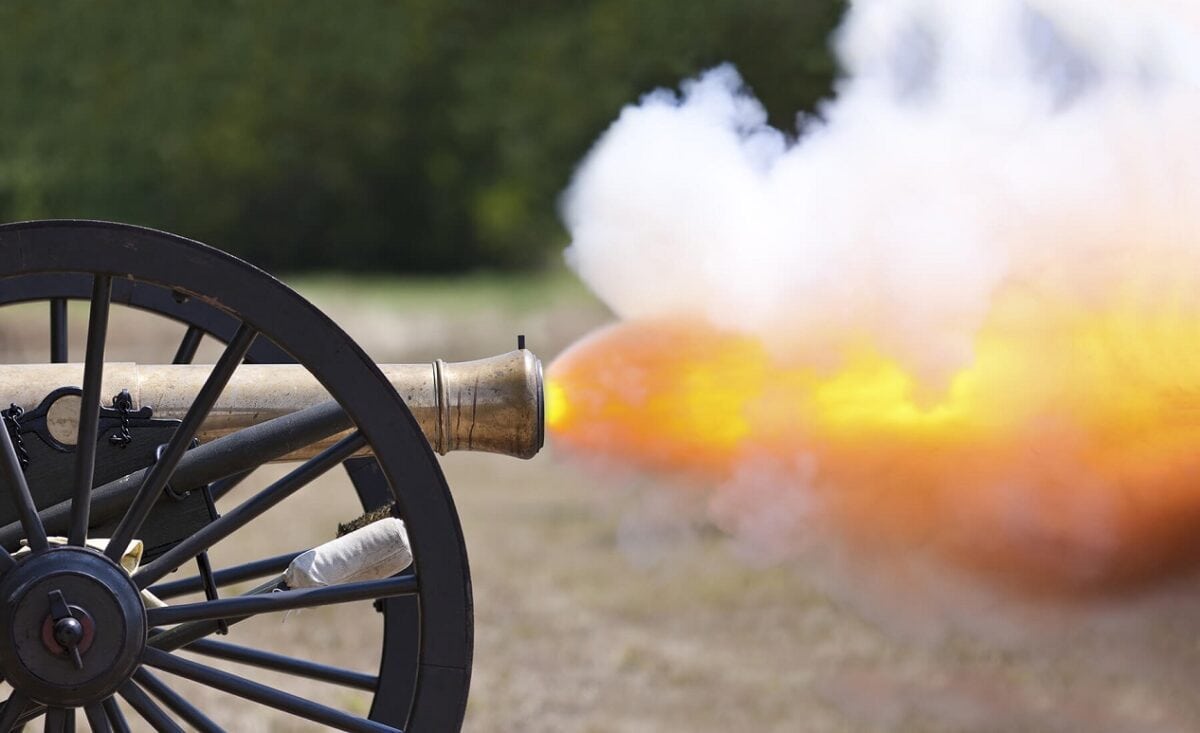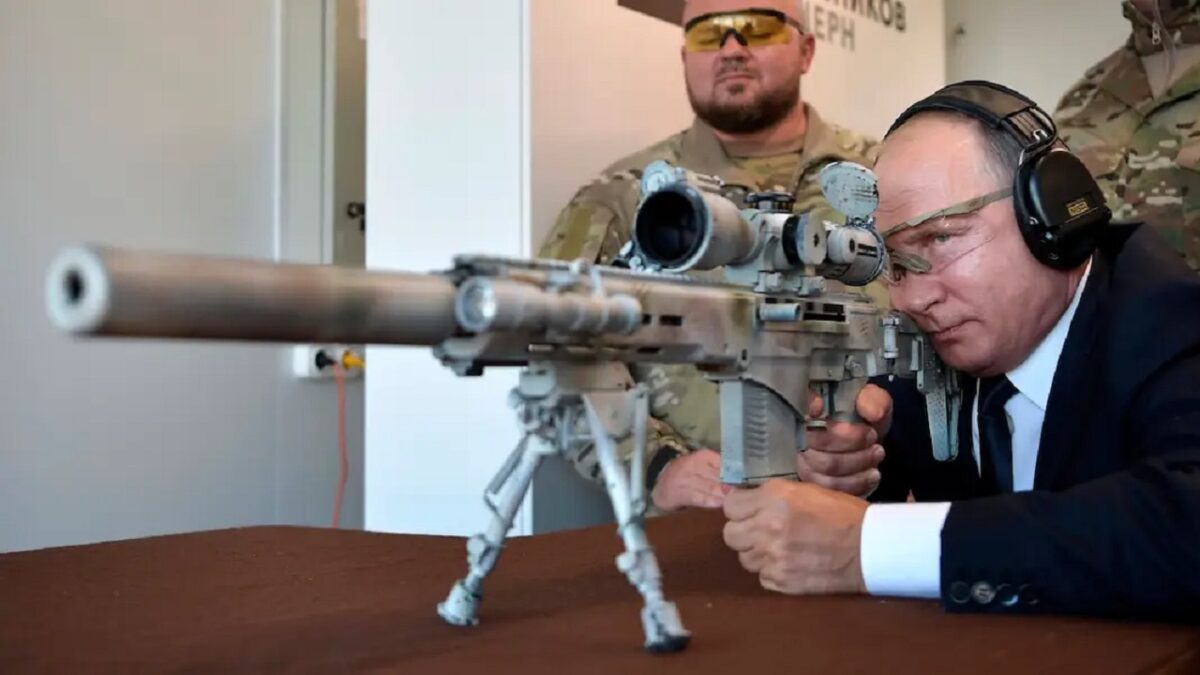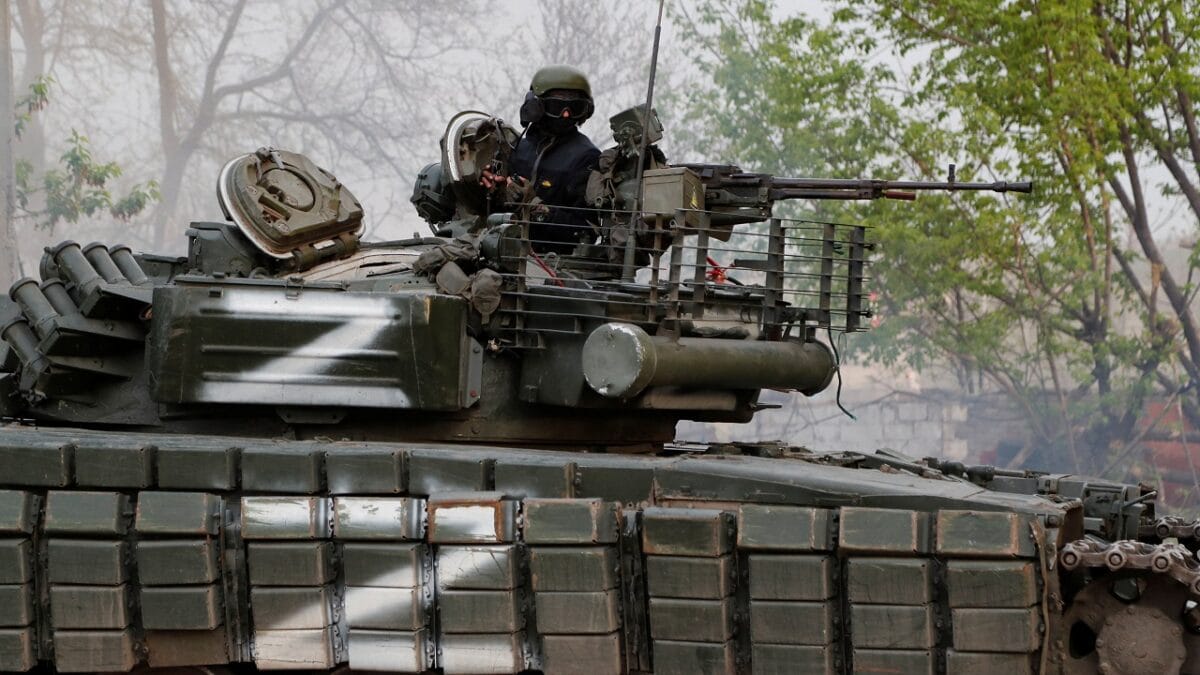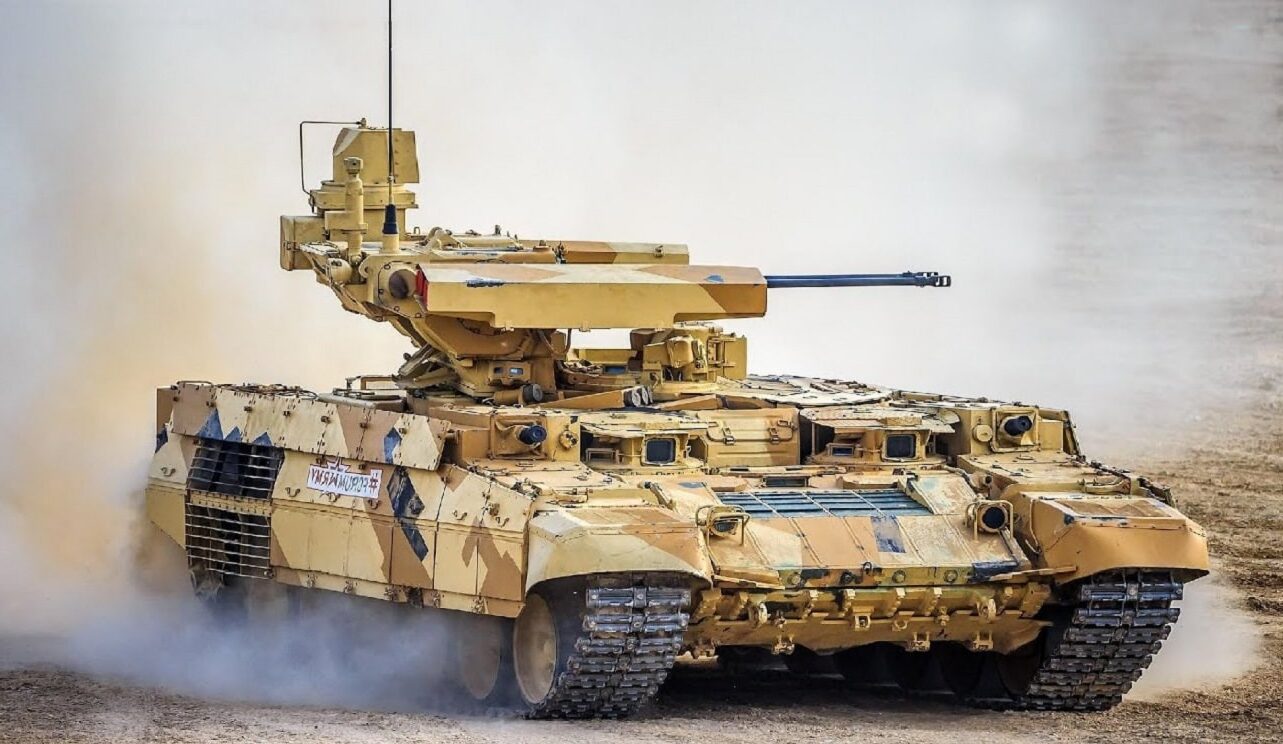Six months into Russia’s “special military operation” in Ukraine, talking heads of all manner of political stripes and sympathies have debated ad nauseam about whether Russia can actually win the war.
My take as a lifelong student of military history, combined with my life experience in the military, is that it depends on how one defines “winning.”
It also pays to look at the historical precedence of past wars where the invading country had a clear advantage in manpower, materiel, and technology; I shall look at two such wars wherein Russia was the invader…and one involving the U.S.
Russia Should Think About The American Civil War (1861 – 1865)
We don’t have time right now to get into an acrimonious debate about whether the Union Army truly deserved to be labeled the “invader” or “aggressor.” What’s not debatable is the fact that the industrialized North had overwhelming on-paper advantages over the mostly rural South in terms of men, money, and resources.
Plus, there was Union Gen. Winfield Scott’s “Anaconda Plan” for choking off Confederate ports, not entirely unlike Russia’s current blockade of the Black Sea.
And yet, against all odds, for the first 3.5 years of the American Civil War, the South won most –though certainly not all — of the victories.
The Southrons had the “homefield advantage” so to speak, interior lines, and more. Moreover, to “win” the Civil War, the Confederacy simply had to hold out long enough and not lose; by contrast, the Union needed to attain total conquest in order to claim victory. We already know that Putin’s attempt to attain total conquest of Kyiv failed miserably.

Civil War Era Cannon Firing. Image Credit: Creative Commons.
Though we’re admittedly oversimplifying things here, that initial string of Confederate victories was due in large part to the Rebels’ more aggressive and audacious generals like Robert E. Lee and Stonewall Jackson, while the Yankees were accursed by generals with a case of “the slows” (as Abraham Lincoln himself put it), i.e., men like George B. McClellan who had impressive credentials but were unwilling to bring the total weight of the North’s numerical and industrial powers to bear. (Granted, some Civil War scholars like my personal friend Justin Mayhue and the late Prof. Joseph L. Harsh assert that McClellan has been judged too harshly by history, but that’s a debate for another time & place.)
It wasn’t until the Union promoted generals like Ulysses S. Grant, who was willing and able to match the Southrons’ aggressive fighting style, and, as cruel as this sounds to modern-day Southerners, military leaders like William Tecumseh Sherman and Philip H. Sheridan who had no qualms about waging “total war” against the South.
It should be noted that Abraham Lincoln had two distinct advantages that Vladimir Putin does not: (1) moral high ground and (2) lack of foreign intervention on behalf of the adversary. Both advantages were secured via at the Battle of Antietam in September 1862, which was enough of a strategic victory to (1) enable Lincoln to issue the Emancipation Proclamation – thus ennobling the Northern cause – and convince Britain and France not to come to the South’s aid.
Ergo, total conquest, if you’ll pardon the bad Southron-inspired pun, is a “Lost Cause” for Putin.
The Winter War (Russo-Finnish War), 1939-1940
Here’s an example I already touched upon on 21 May 2022 19FortyFive article about Finland’s Simo Häyhä, the deadliest sniper in history.
To reiterate what I stated then, this war began on November 30, 1939 (three months after the beginning of WWII, but before Hitler’s ill-advised invasion of the USSR) with the Soviet invasion of Finland, and t lasted until 13 March 1940.
Technically, the Soviets won the war, as the Finns eventually sued for peace and ceded significant territorial concessions to Josef Stalin, but it was very much a Pyrrhic victory for Moscow: somewhere between 50,000-15,0000 Soviet troops were killed in action, compared with 25,000 KIA the Finns. Of those Soviet KIAs, at least 542 were inflicted by the aforementioned Mr. Häyha AKA “The White Death.”
To elaborate further, accepting an armistice from Moscow cost Finland 11% of its territory, including the country’s second city of Vyborg. Yet, needless to say, Finland is still very much a free and vibrant country today. And to elaborate further on just how Pyrrhic the victory was for Moscow, we can examine the words of Nikita Khrushchev: “All of us — and Stalin first and foremost — sensed in our victory a defeat by the Finns. It was a dangerous defeat because it encouraged our enemies’ conviction that the Soviet Union was a colossus with feet of clay.”
So then, conceivably, one could envision Volodymyr Zelensky ceding Luhansk and Donetsk to Putin – but far less likely to budge on Crimea – to preserve his country’s remaining blood and treasure while preserving Ukraine’s overall independence and the majority of its territorial integrity.
As with “gaining” Vyborg in 1940, this would definitely be a Pyrrhic “win” for Putin.
Soviet Occupation of Afghanistan (1979 – 1989)
Even if Ukraine does concede Donetsk and Luhansk –and, for argument’s sake, even Crimea — to Russia, that doesn’t guarantee that anti-Moscow elements wouldn’t continue to wage a protracted guerrilla war in those areas…as we’re witnessing already.
The USSR’s experience in Afghanistan AKA “The Soviets’ Vietnam” shows that Russian troops don’t handle insurgencies in hostile foreign countries terribly well. As is the case with the Ukrainians, the Afghan mujahedeen resistance fighters were big-time beneficiaries of Western weaponry supplies. (For an exciting fictitious account of the CIA’s material support of the mujahedeen, read Ken Follett’s bestselling 1985 novel Lie Down with Lions.) And before any nitpickers out there start carping, yes, I know, Putin eventually did defeat the Chechen insurgency, but there’s a difference: Chechnya, its high degree of autonomy notwithstanding, is still Russian sovereign territory.

Russian President Putin. Image Credit: Russian Federation.
Russia Meets History:
To sum up, Russia could conceivably still “win” in Ukraine under sufficiently scaled-back mission parameters and objectives, but other than Moscow’s wounded national pride and bragging rights, what would Putin truly gain from such a costly “victory?”

A service member of pro-Russian troops is seen atop a tank during fighting in Ukraine-Russia conflict near the Azovstal steel plant in the southern port city of Mariupol, Ukraine May 5, 2022. Picture taken May 5, 2022. REUTERS/Alexander Ermochenko
Christian D. Orr is a former Air Force Security Forces officer, Federal law enforcement officer, and private military contractor (with assignments worked in Iraq, the United Arab Emirates, Kosovo, Japan, Germany, and the Pentagon). Chris holds a B.A. in International Relations from the University of Southern California (USC) and an M.A. in Intelligence Studies (concentration in Terrorism Studies) from American Military University (AMU). He has also been published in The Daily Torch and The Journal of Intelligence and Cyber Security. Last but not least, he is a Companion of the Order of the Naval Order of the United States (NOUS). In his spare time, he enjoys shooting, dining out, cigars, Irish and British pubs, travel, USC Trojans college football, and Washington DC professional sports.

